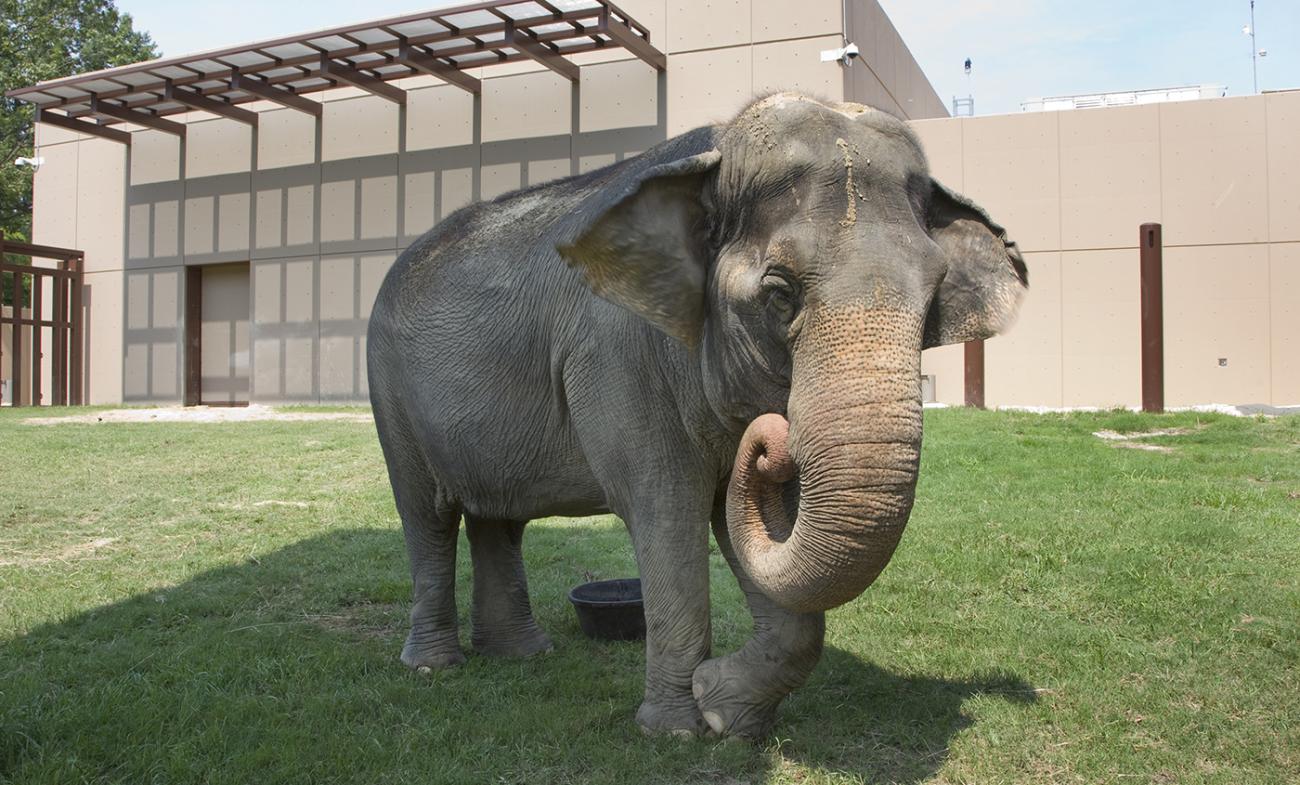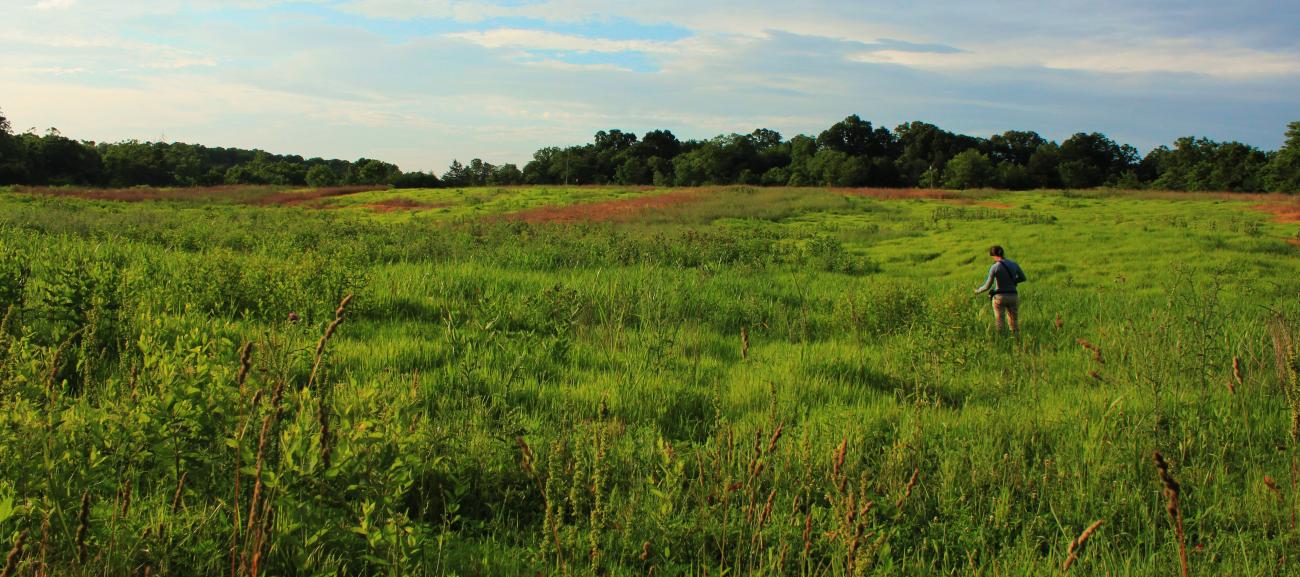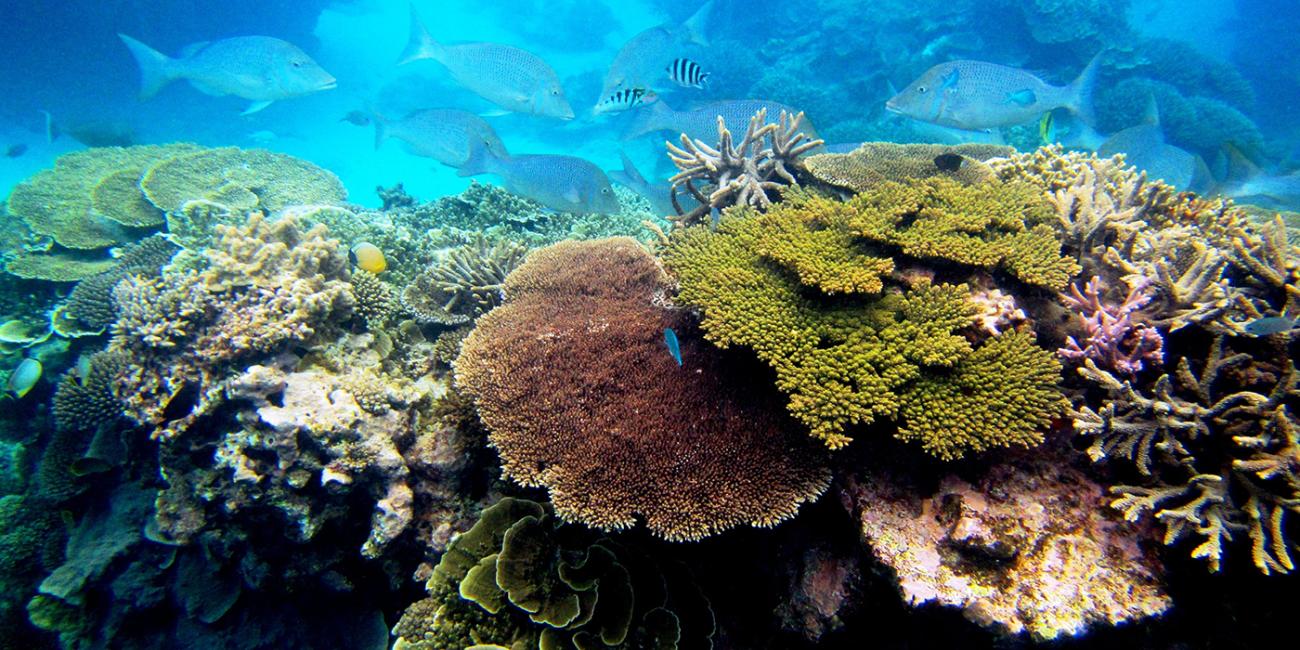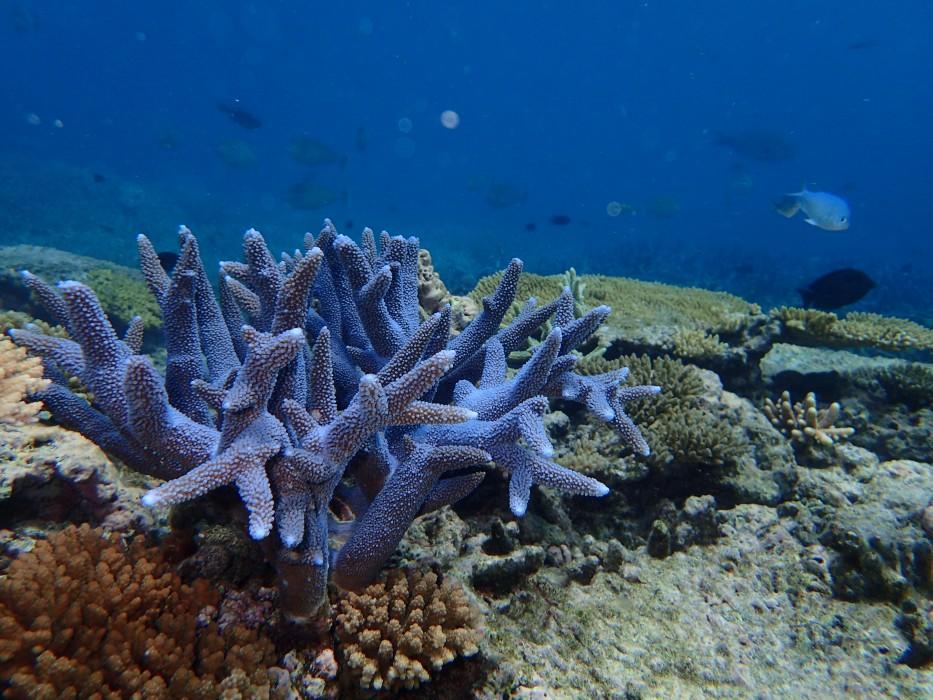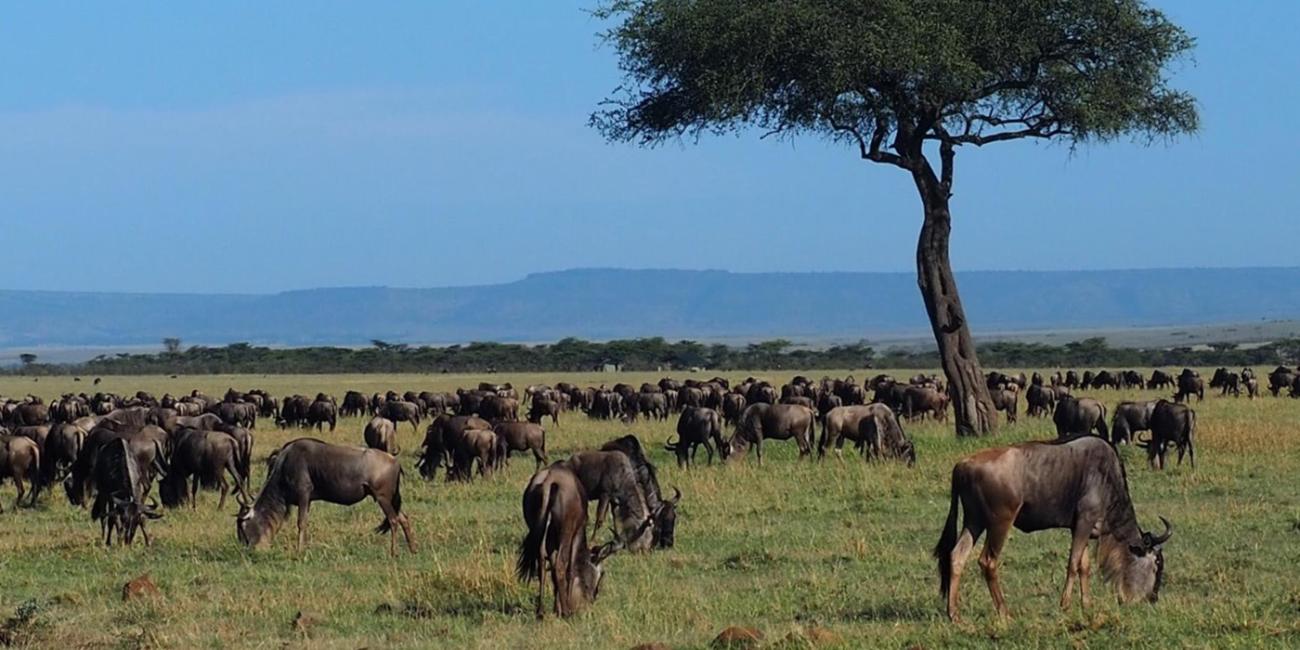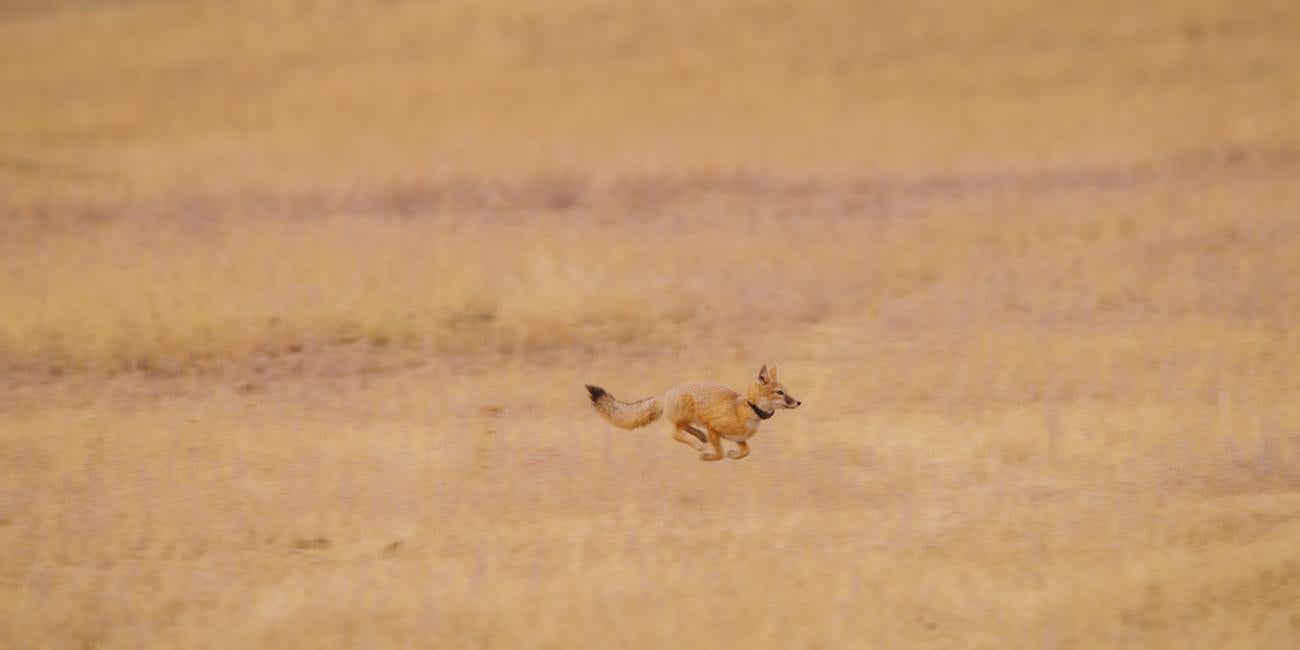Asian Elephant Conservation
The Conservation Ecology Center’s (CEC) Peter Leimgruber and Melissa Songer lead a team of scientists and partners working to save Asian elephants in the wild.
Asian elephants face critical threats in almost every place they exist in the world. Only 30,000 to 50,000 Asian elephants remain in the wild, scattered across fragmented habitats in 13 Asian countries. Elephant habitats have been severely reduced by human development. The greatest threat to Asian elephants may be habitat loss and, inevitably, conflicts with farmers and plantation owners. Although not without precipitating human casualties, elephants always lose this struggle for survival, and are often shot, poisoned, run over by trains and trucks or simply starved to death.
CEC’s elephant conservation program centers on two priorities:
Asian Elephant Satellite Tracking
Working with local and regional experts, CEC scientists track wild elephants and their movements across Asia. This program provides essential baseline information on area requirements, habitat selection and movement patterns of wild elephants. It allows CEC scientists to gain new insights into how and why elephants come into conflict with people. Watch the video below to learn more about why CEC scientists track wild elephants.
People-Elephant Conflict Management
People and elephants have coexisted in Asia for thousands of years. The recent rise in people-elephant conflict is due to dramatic changes in how people interact with land and elephants. Using modern geospatial analysis tools, researchers can detect land-use changes via satellite imagery. Based on these satellite assessments, CEC scientists work with local and regional experts to identify and implement new land-use strategies that will reduce land-use changes and minimize conflict, ultimately benefiting both elephants and people.
CEC scientists collaborate with partner organizations in Sri Lanka, India, Nepal, Thailand, Myanmar, Malaysia, Cambodia and Indonesia to advance elephant conservation. CEC also lead an active field project in Myanmar that focuses on studying the ecology of human-elephant conflict and working with local communities to reduce conflict.
This project has been featured in the Myanmar International TV Station.
Living With Giants
Postdoctoral Research Associate Christie Sampson is the field manager for the Myanmar project and recently published a story about her work. Click here to see her project, “Living with Giants.”




